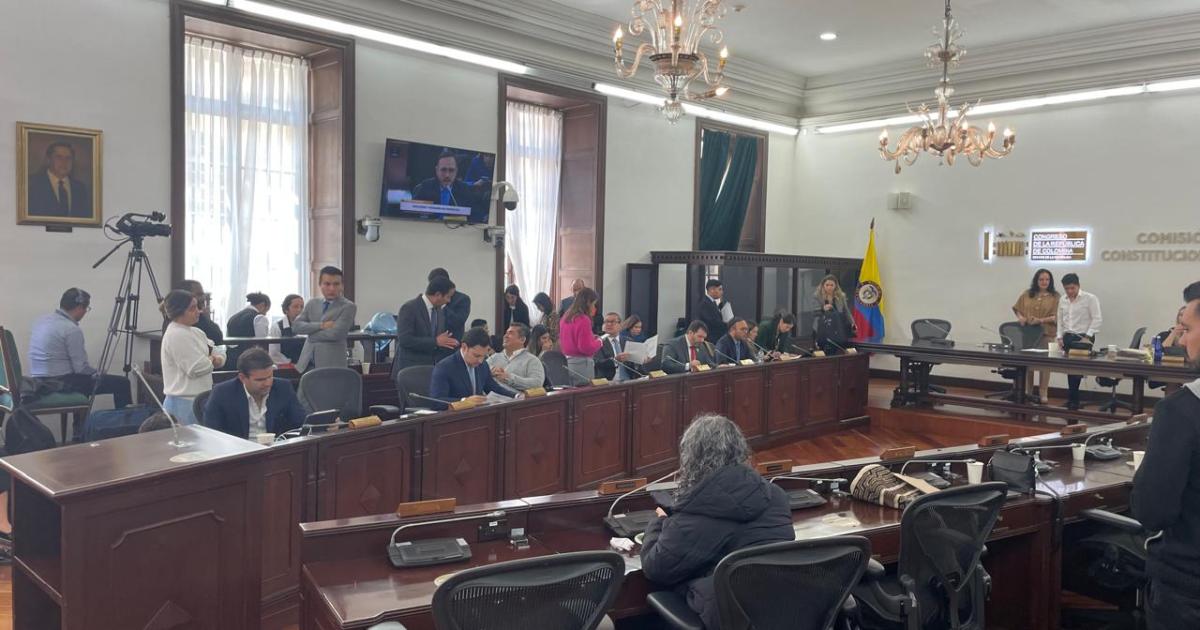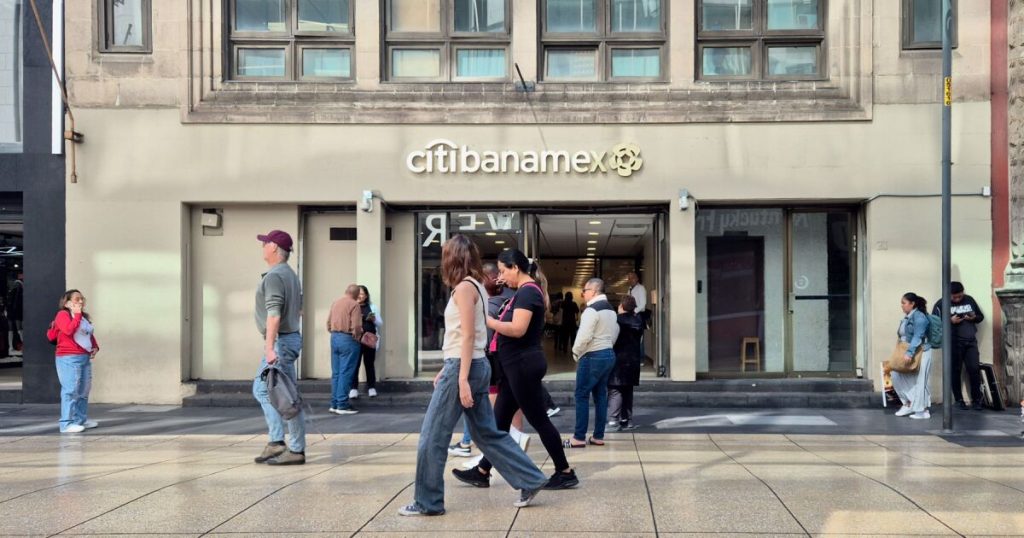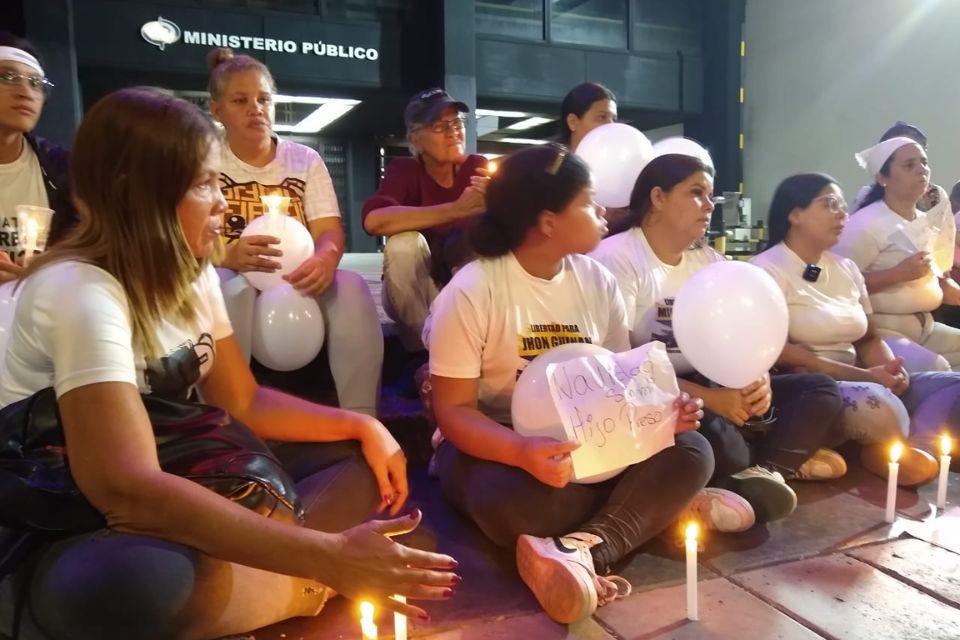The initiative was saved and must move forward in the fourth debate before December 16.
The First Commission of the Senate of the Republic approved in the third debate the political reform project that seeks to completely overturn the Colombian political system.
Among the articles that stand out in the approval of the initiative, is the implementation of the closed list for elections to public corporations, with internal democracy mechanisms within the parties, in addition to the predominantly state financing of political campaigns.
Also read: Vargas Lleras proposes an opposition union with a single candidate for presidential elections
The proposal that allowed the creation of collectives through a specific number of members was also eliminated and It is striking that a proposal was revived that allows transfuguismo permanently, that is, every four years congressmen could change political parties without needing to receive sanctions or having to renounce the seat.
The rapporteur senator Carlos Fernando Motoa regretted that this article was included. “It is an antithesis of what has been discussed; “We talk about closed and blocked lists, but at the same time they approve transfuguism, that is not coherent,” said.
“They could resign a month before registering for the quadrennium and it becomes permanent, That is, only once within the four-year period, but from now on whoever is elected to a public corporation,” he added.
See here: Tax reform in intensive care: there is no agreement between speakers and the Government
Senator Motoa said that a different way of electing the judges of the National Electoral Council (CNE) was also approved. which will be through a meritocratic process in which the Supreme Court, the Constitutional Court and Congress itself will participate.
The term of the members of the CNE is increased to eight years and A two-year disqualification is established so that those who have been in a political party cannot assume any of the nine positions within that corporation.
The project will now be studied by the Senate plenary session where it will have to be approved in its fourth debate before December 16so that next year its process can be resumed in the second round.
















